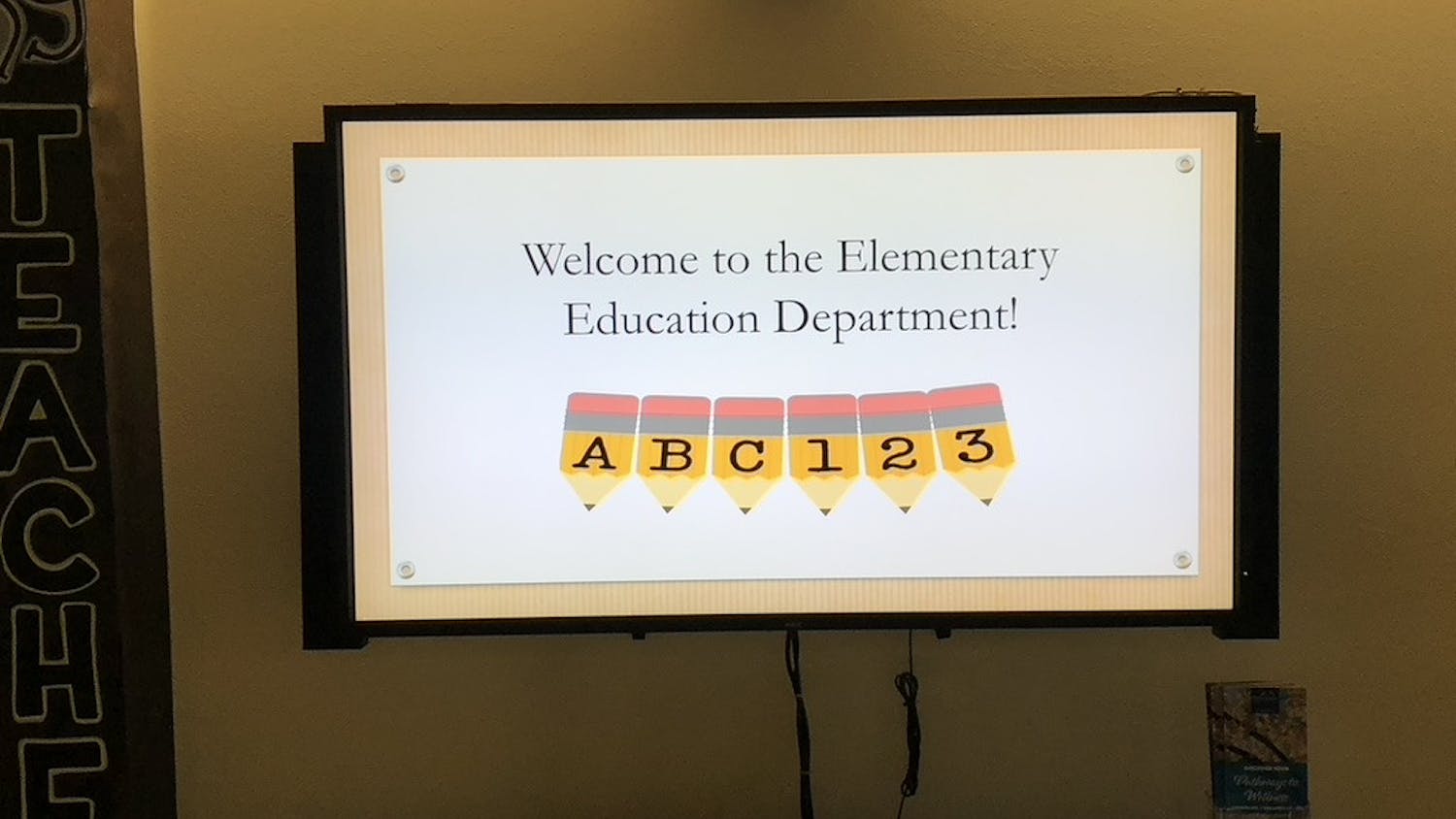Ten minutes are left in class and your instructor presents student evaluations. You hear the same spiel for the third time that day. You quickly fill out the bubble sheet and jot down a few sentences on the written portion. Students fill out the same forms every quarter, but what happens to those evaluations after they’re sent away, how are they used and what can students be doing better?
Student evaluations are used for tenure and promotion, non-tenure track review, probationary review, post-tenure review and altering teaching styles and course material, Rich Brown, a professor of theater and dance and a member of the faculty Senate Executive Council, said.
The non-tenured track faculty are significantly impacted by student evaluations, Nancy Pagh, a senior instructor in the English Department, said.
“A non-tenured track faculty member can lose their job if average ratings are low. Students have little idea how much their evaluations can impact a non-tenured track educator’s life,” Pagh said.
David Brunnemer, Western Registrar and Director of disAbility Resources for Students, said evaluations are sent to the registrar’s office first. The registrar’s office then processes and handles the evaluations. Scores from student evaluations are stored in the registrar’s office for one term in the event that rescoring or questions about the scoring arise. At no point does the registrar’s office examine the actual data.
During the scoring process, there’s a popular myth that bubble sheets with all fives or zeros are thrown out.
Brunnemer responded to the rumor, “Serious myth, but I’ve heard rumor that a lot of people believe it to be true. So let it be known in absolute terms that we do score all bubble sheets regardless of the distribution of zeros, fives and everything in between."
The data is then given to its respective departments, said Brunnemer.
Department chairs and the evaluated faculty members are typically the only individuals allowed to examine the evaluations, Brown said. One exception to this is when an instructor is being reviewed for tenure, in which case each tenured member of the department is able to view the instructor’s evaluations.
Each department sets different criteria for reviewing student evaluations. For example, departments will put emphasis on specific questions on the bubble sheet. This requires faculty members to reach or exceed a specific numerical average for that question.
Brown said students are doing a good job of participating in the evaluation process. Student evaluations are a voice for the students, and they should not sacrifice that voice by opting not to participate, he said.
Brown also said there students could do better throughout their evaluations.
“Specificity is more helpful than generalities,” he said.
Being detailed about favorable and unfavorable aspects of a course allows an instructor to make important changes for the future or continue doing what works for students, Brown said.
“[The most valuable] feedback is not based on opinion, but is situated or explained in terms of the purpose of the course or the learning style or learning needs of the individual writing the feedback," Pagh said.
When it comes to filling out the evaluations, it’s important students fill out both forms. The bubble sheets are important because they allow the administration to quantify aspects of the course. The written response is just as important because instructors use written feedback to tailor their course to the needs of students.
“I care more about the written feedback, but I am extremely aware that administrators care about the numerical data and that my job depends upon those numbers,” Pagh said.
Brown said students’ strong negative or positive attitudes tend to be represented in student evaluations. Even if you had a neutral experience in course, it’s still important to be thorough on the evaluations, he said.
Student evaluations are important for promotion, maintaining a position or altering a course, but they serve other purposes as well.
“Teachers don’t get tips or bonuses for going ‘above and beyond,’” Pagh said. “A few words on an evaluation will do a lot to encourage an exhausted teacher who might wonder next time whether ‘above and beyond’ effort matters to students.”





